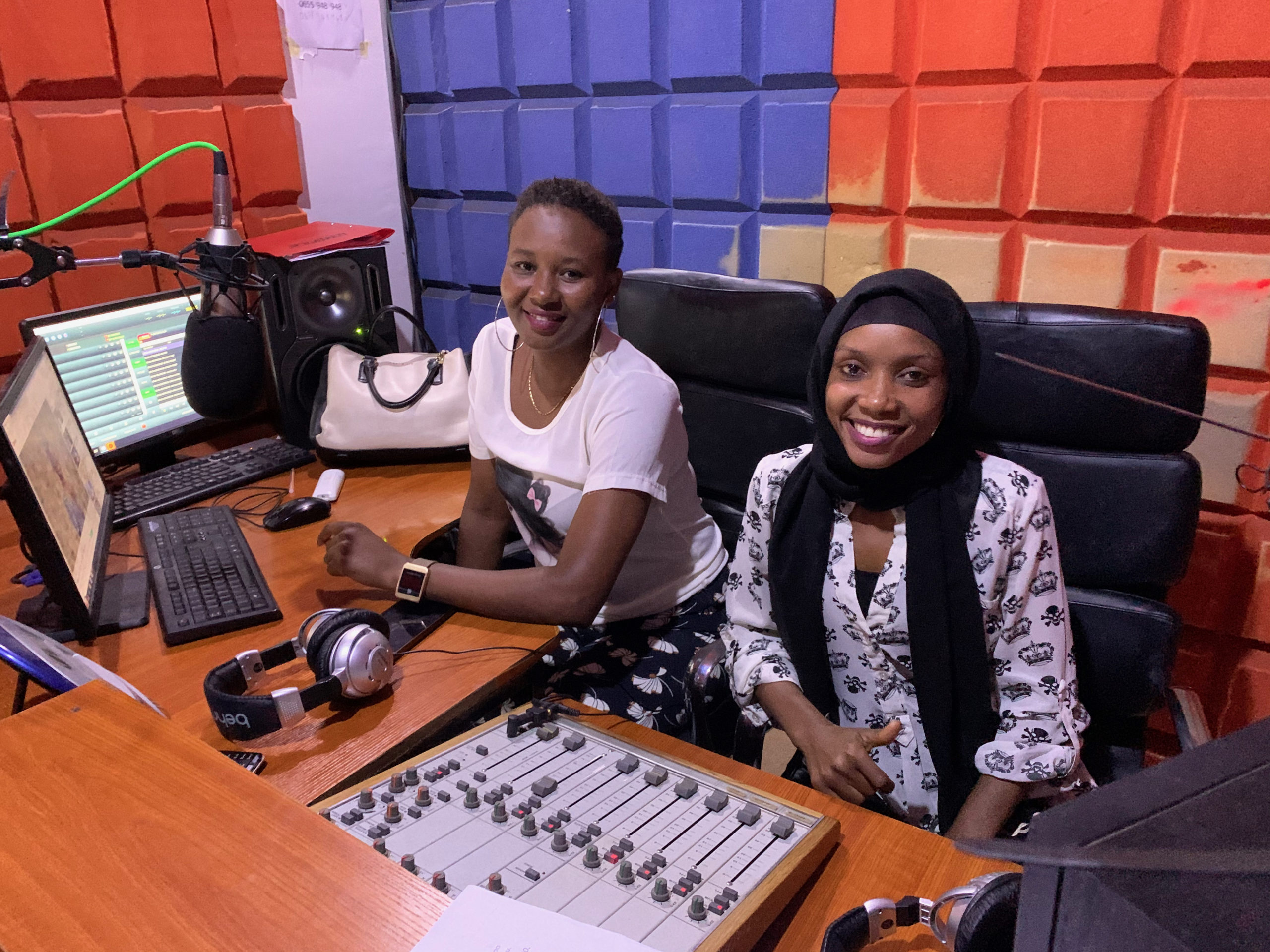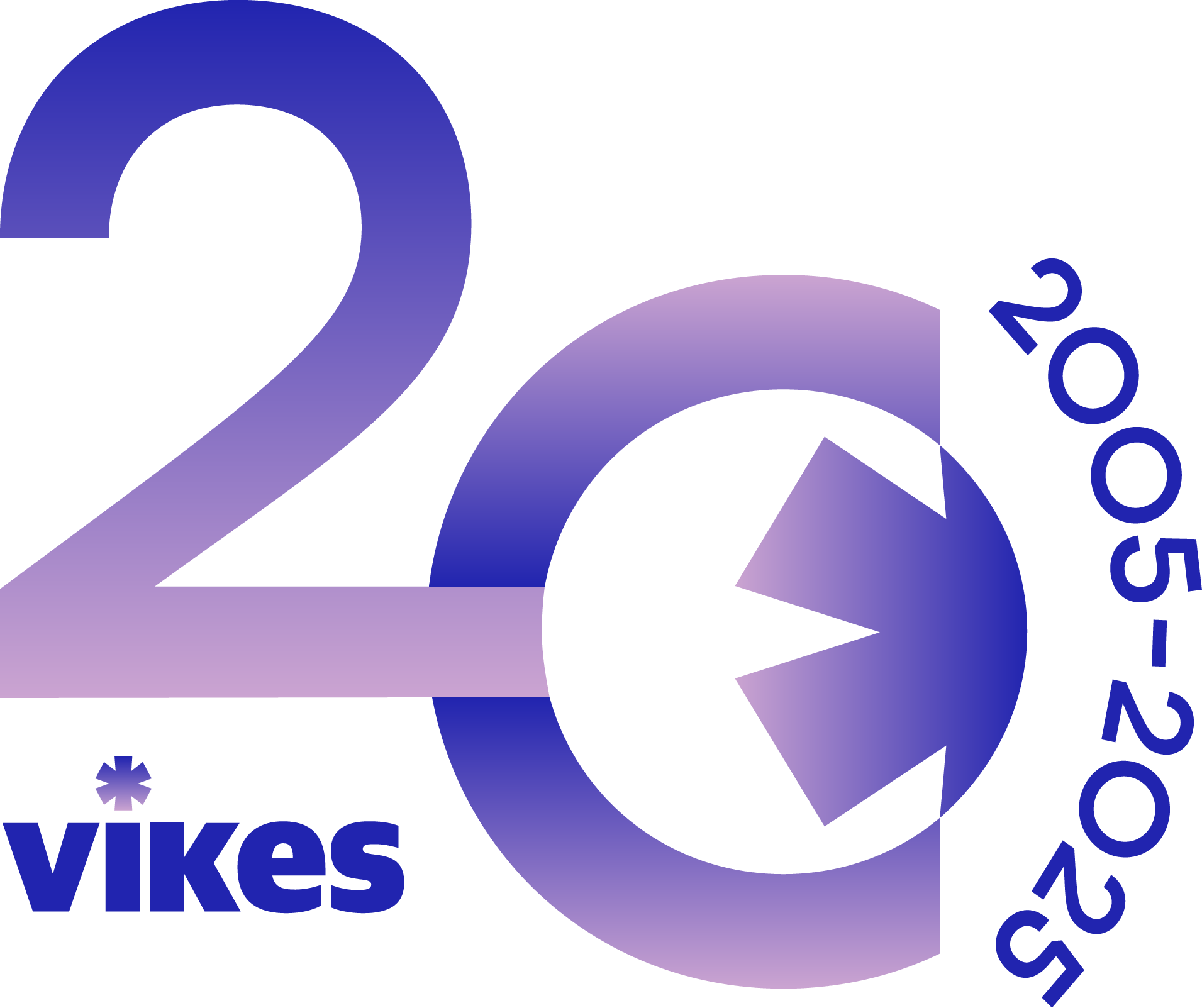We support female journalists in Nepal, Tanzania, and Somalia

Women journalists face widespread gender discrimination and sexual harassment in their work. Women also have lower wages and fewer career opportunities.
According to research by Vikes and local partners, achieving gender equality in the media in Tanzania and Nepal requires structural changes in newsrooms.
One of the main causes of inequality is the patriarchal culture and mindset, which is reflected in the editorial understanding of what is possible for women and what is possible for men. This is also latently reflected in organisational structures and policies.
Vikes and local partners seek to influence media executives and gatekeepers such as publishing editors. Gender equality is also promoted through training and mentoring. Women are provided with information and tools to deal with discrimination and harassment, and attitudes are changed through campaigns and media education.
Inequalities also affect media content. Men dominate the news as leaders, journalists and sources. Indeed, empowering women in the media has a broader societal impact: gender equality in the media leads to more diverse and equal coverage.
The gender equality programme will be extended to Somalia in 2023.
Expected results
- Women working in newsrooms have the professionalism and confidence required to work as journalists.
- Women in newsrooms have the knowledge and skills to tackle gender discrimination and sexual harassment, and journalism is seen as a suitable career choice for women.
- Media houses train their staff and use the equality policy and reporting system as tools to create an equal working environment.
- The gatekeepers see women journalists as equally capable and divide the tasks equally.
- A civil society that promotes press and media freedom can successfully defend a gender-sensitive pluralist media and equality for women journalists.
